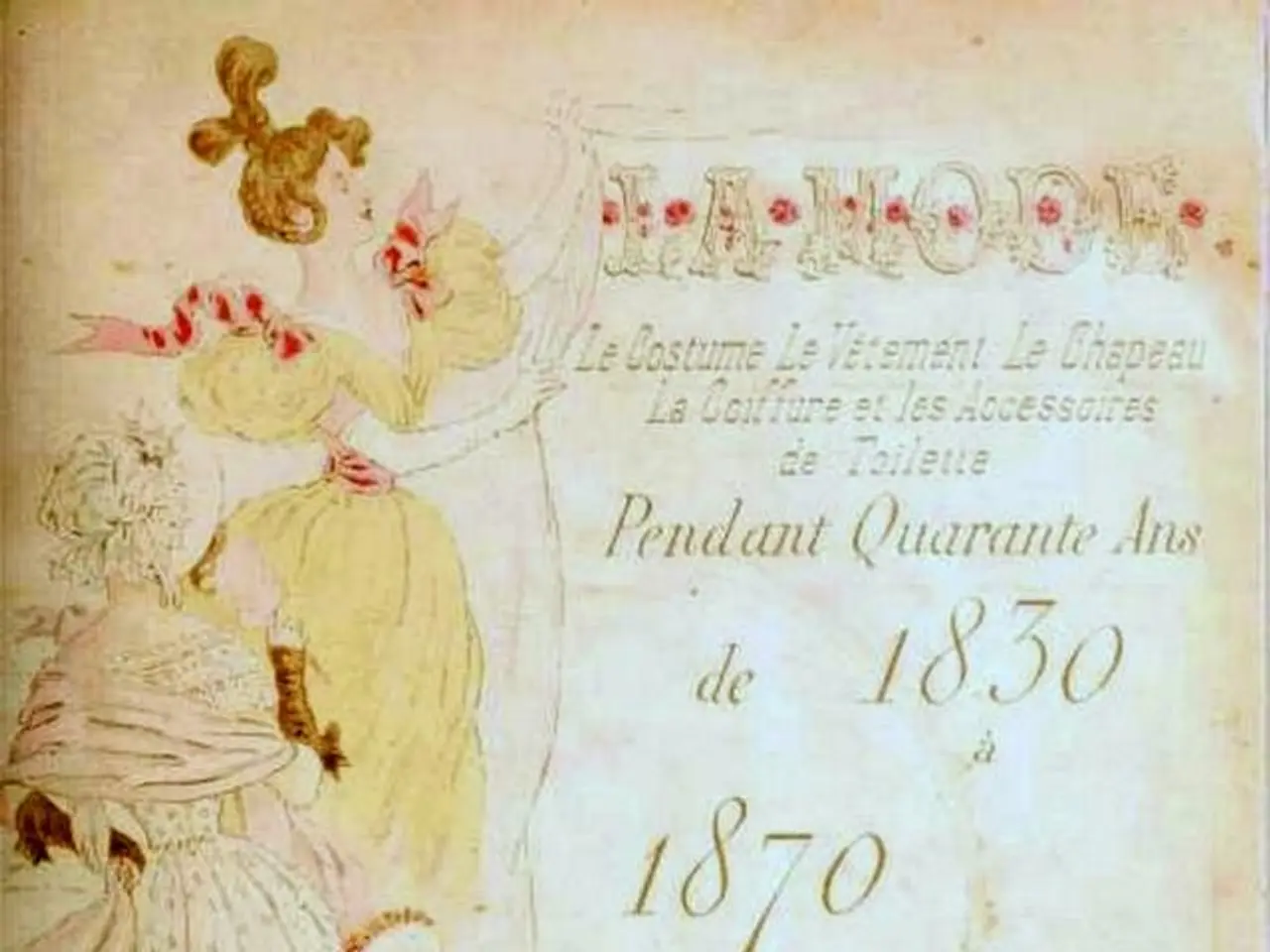"Regrets for not saying 'no' more frequently expressed"
In Melara Mvogdobo's novel "Grandmothers," we delve into the poignant lives of two grandmothers hailing from Switzerland and Cameroon. The narrative unfolds without excessive spectacle, yet it carries a profound impact.
The book, a 126-page quick read, intertwines these two life stories, offering a unique exploration of memory, ancestry, and cultural heritage. The novel suggests themes that revolve around the connection between past and future generations, as well as cross-cultural experiences.
One grandmother, reflecting on her life, laments, "I should have said no much more often." This statement, while not explicitly explained in the book, is often interpreted as a character's regret over missed opportunities to assert boundaries or resist pressures. This could tie into the novel’s themes of memory, personal and cultural identity, and possibly empowerment or reconciliation.
Both grandmothers have hopes as young girls, one aspiring to become a nurse, the other determined to avoid marrying a farmer. However, their lives take a different course. One gets married, while the other gets pregnant and abandoned. Their bitterness is passed on to their children, particularly their daughters.
Both grandmothers suffer profoundly, enduring hardships such as beatings, rape, and giving birth under difficult circumstances. These experiences leave them bitter and questioning the idea of a happy life. One grandmother, in particular, advises her daughters to make do with the "meager crumbs that life as a woman throws at you."
The other grandmother grapples with her husband's bedroom antics in a nursing home, while another is beaten by her senile husband. Despite their struggles, the invisible bond between the grandmothers tightens briefly and pulls both in the same direction.
Towards the end of their lives, both grandmothers come to a conclusion. They ultimately say no, with a consequence that surprises and moves. The novel, though short, remains in the mind for a long time, conveying great pain with simple sentences.
In essence, "Grandmothers" is a gripping exploration of ancestral memory, cross-cultural narrative, and personal resilience. It serves as a poignant reminder of the impact of our actions and the enduring bond between generations. Despite the limited information available about the plot and themes, the novel promises to be a thought-provoking read.
[1] Information sourced from search results indicating that the novel intertwines two life stories from different cultures, suggesting a focus on memory, ancestry, and cultural heritage.
- The community policy on health-and-wellness could incorporate vocational training programs for women, as one of the grandmothers in "Grandmothers" aspired to become a nurse but was unable to do so due to life circumstances.
- The novel "Grandmothers" delves into themes of lifestyle and relationships, as the book explores the impact of hardships and cross-cultural experiences on the grandmothers' relationships with their husbands and daughters.
- In the realm of health-and-wellness and women's health, the novel "Grandmothers" emphasizes the importance of empowerment and personal resilience, as both grandmothers learn to stand up for themselves despite their challenging circumstances.




